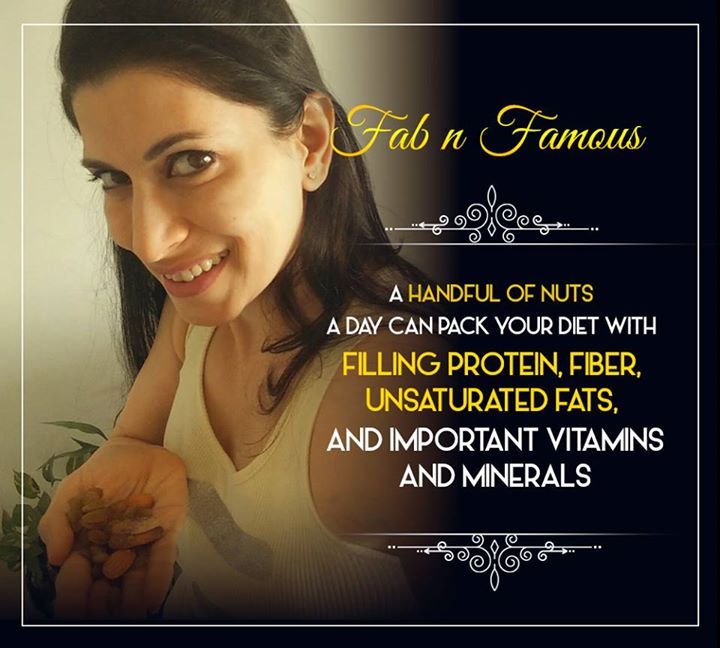“Eat a handful of nuts as a substitute for bakery foods.”
We often get tempted with the sight of soft warm muffins, topped with that bright red cherry in a bakery store or open up & consume a packet of cookies.
Since we know we may crave for foods at a certain hour of day, why not keep healthy substitutes around us. Nuts are a wholesome healthy food that you could safely carry in your bag or car or just keep around your work station.
Nuts are rich in essential nutrients like fiber, protein, minerals, monounsaturated and polyunsaturated fatty acids, several B group vitamins (including folate), vitamin E, minerals such as calcium, iron, zinc, potassium and magnesium, antioxidant minerals (selenium, manganese and copper), plus other phytochemicals such as antioxidant compounds (flavonoids and resveratrol) and might also lower risk of mortality and developing chronic diseases, including respiratory disease, neurodegenerative disease, diabetes, cancer, and heart disease.
What do these nuts give you:
• Almonds: protein, calcium and vitamin E
• Cashews: non haem (plant based) iron and a low GI rating
• Macadamias: highest in monounsaturated fats, thiamin and manganese
• Pistachios: protein, potassium, plant sterols and the antioxidant resveratrol
• Walnuts: alpha linoleic acid: plant omega 3 and antioxidants
I would always recommend raw nuts. Roasting reduces the water content of nuts, concentrating the nutrients and also reduces the concentration of several B group vitamins as they are not heat stable. Salted Roasted nuts may also have a higher sodium content.
A big question is how many nuts are in 30 grams:
• 20 almonds
• 15 cashews
• 30 pistachio kernels
• 9 walnut kernels
• a small handful of mixed nuts or about four of each of the above
So the next time you go grocery shopping, do not shop for cookies and cakes. Invest in some great ‘Nutty’ health instead.
